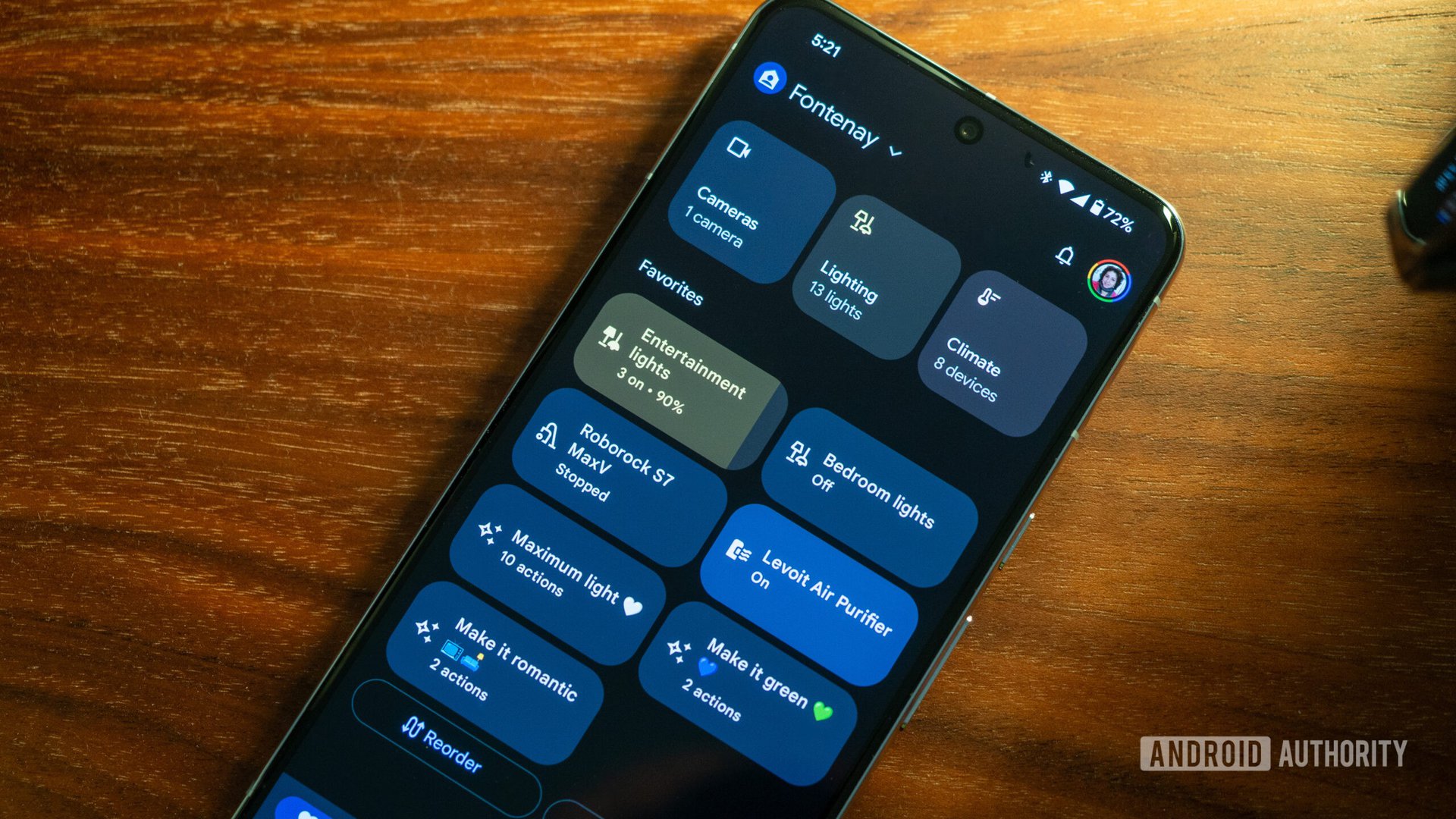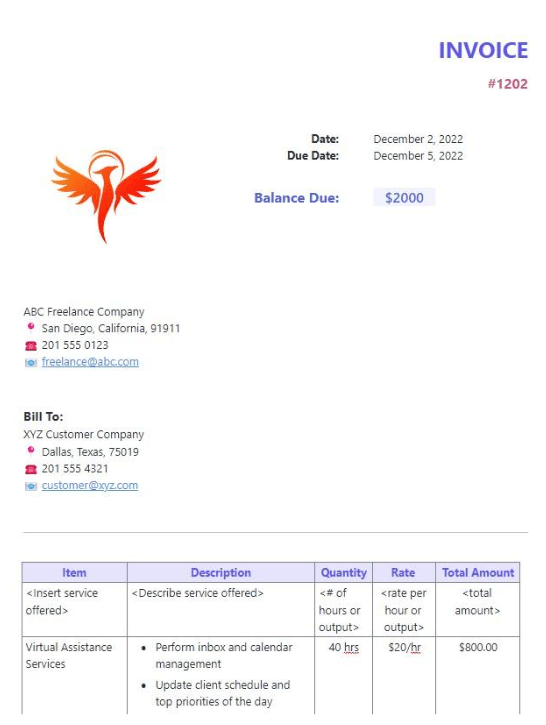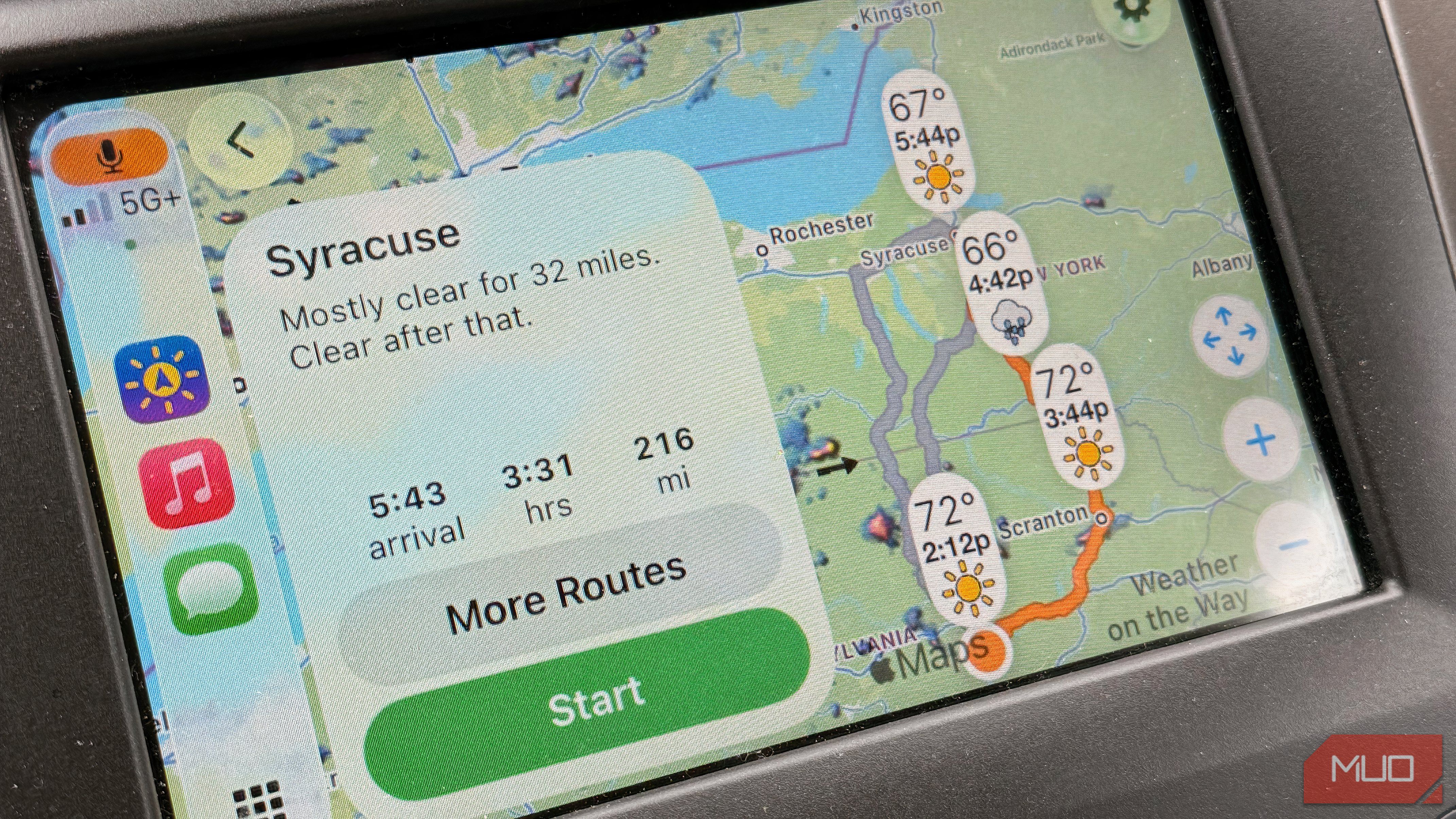A couple of weeks ago, on a bus in Lagos, I found myself sitting next to a man furiously typing into ChatGPT—the AI tool now used by some 700 million people each week. Curious, I asked what he was working on, as he didn’t fit the usual profile of an AI native. He turned out to be a line manager at a manufacturing firm, using ChatGPT to generate his daily reports because he struggled with English. It was as surprising as it was revealing. His use case—daily and essential—made me think about what kinds of AI African startups should build.
There’s little doubt that Africa’s startups can not match the resources of global AI firms. In July 2025, Mira Murati, OpenAI’s former CTO, raised a $2 billion seed round for her new startup. A month later, the entire African startup ecosystem collectively crossed the year’s $2 billion funding mark. That gap doesn’t mean that African startups should not build.
If there is to be a thriving African AI startup ecosystem, it won’t be by chasing the next general-purpose model. The real opportunity lies in integrating AI into business verticals like agriculture, health, finance, and retail and building tools that tackle persistent problems these African businesses face daily or help them cut costs.
Business-to-business (B2B) models can generate stable, predictable revenues in African markets with limited consumer purchasing power. Enterprise clients (like banks or agribusinesses) are more likely to pay for AI solutions to improve efficiency, especially if the product addresses uniquely local challenges.
Another advantage of the enterprise approach is leveraging local data and context as a defensible advantage. Startups that create defensible datasets, for example, linguistic data for low-resource languages (Intron AI) or industry-specific data that global AI companies don’t have, can bring more value.
From an investment standpoint, enterprise AI startups can also address the current funding problem in Africa’s ecosystem. In recent years, many seed-stage companies have stalled before reaching Series A, stuck in an in-between stage where growth is too slow to raise larger rounds. A startup that uses AI to help companies cut costs or increase sales has a visible path to scale (more businesses can adopt it), which signals potential for venture returns.
How can this happen?
Last year, I read this fantastic article by former Palantir engineer Nabeel S. Qureshi describing the company’s strategy of sending forward-deployed engineers (FDEs) directly into client operations. These engineers embedded themselves in customer teams, solved pressing operational bottlenecks on the ground, and then funnelled those insights back to Palantir’s core engineers, who generalised the fixes into scalable product features.
Palantir built its success not by mass-marketing a generic product, but by working closely with large clients to solve hard problems, one by one. The approach worked: Palantir today commands a market cap north of $375 billion, and its share price has steadily climbed over the past year.
Next Wave continues after this ad.
African startups should be doing the hard, unglamorous work Qureshi describes: living with customers, understanding their business problems, and solving them with AI before developing those solutions into scalable products. By doing this, the startup gains intimate knowledge of the industry’s workflows, uniqueness, and problems.
While the initial solution might be a tailored product, if it delivers significant return (for example, cutting costs by 30% or saving thousands of hours), there’s a good chance many other businesses have the same problem and would pay for a similar fix.
Africa’s AI opportunity isn’t in building general-purpose models (the line manager was using the free version of ChatGPT and would not pay for any African AI tool) but in building context-native, B2B AI systems designed for Africa’s constraints. That’s also where venture appetite shifts toward AI rooted in real customer problems.
Why enterprise-first (and SME-heavy) AI is the best path
This approach shouldn’t be confined to Africa’s limited number of large corporates—South Africa alone accounts for more than 60% of them. Enterprise sales cycles are also notoriously long, and many B2B startups face the risk of running out of money before closing deals.
The overlooked opportunity lies with the continent’s economic backbone: small and medium-sized businesses (SMEs). SMEs comprise over 90% of Africa’s companies, provide more than 80% of jobs, and contribute over 50% of GDP across most markets. Building products that help them make money is a strong opportunity—just ask Paystack.
What can this look like
Consider the thousands of social media entrepreneurs across Africa. The Instagram boutique owners, WhatsApp market traders, and Facebook merchants are selling everything from wigs and clothing to homemade crafts. These micro and small businesses typically juggle marketing, sales inquiries, inventory tracking, and bookkeeping alone.
An AI-powered virtual assistant could be a practical solution for them: imagine a single tool that automatically responds to customer messages, keeps track of stock levels, sends invoices, creates orders, books riders, logs returns, and reconciles payments.
Flowcart (formerly known as Sukhiba), a Kenyan startup that built an AI-powered conversational commerce and CRM platform on WhatsApp, is already doing something similar. The impact on small businesses has been impressive. Clinton Obura, who runs a fish retail venture in Kenya, saw a 50% increase in revenue after adopting Flowcart’s system.
Another opportunity is to use AI-powered marketing and customer engagement on social platforms. African consumers are highly active on Instagram, Twitter, and TikTok, but manually responding to every DM or comment is slow and costly. An AI bot trained on a business’s catalogue and past conversations could become a 24/7 digital sales assistant by instantly answering common queries, recommending products, and even upselling with personalised suggestions.
These bots ensure no inquiry goes unanswered, prevent sales losses due to delayed responses, and capture leads even outside business hours by automating customer interactions. For SMEs that cannot afford full-time staff, this is the equivalent of hiring a tireless customer service rep, accountant, and inventory manager in one at a fraction of the cost of a human employee.
In building SME AI, African startups would also adopt flexible business models that suit the market well. Long-term contracts (typical in B2B SaaS) might be challenging for SMEs, so offering usage-based pricing or revenue-sharing models could lower barriers to adoption. We’ve seen this with companies like Caantin, which charges per call rather than a large upfront fee.
Next Wave continues after this ad.
African startups shouldn’t hesitate to borrow a page from Palantir’s playbook: embed deeply with customers, solve their most complex problems, and only then scale those solutions into products. The next wave of African tech success may not resemble consumer apps chasing downloads. Instead, AI-driven infrastructure could power thousands of businesses quietly behind the scenes.
AI on the continent will thrive not by mimicking Silicon Valley’s general-purpose race, but by addressing Africa’s entrenched needs. If that journey produces a handful of pan-African AI giants, it will be because they built their foundations serving the enterprises and entrepreneurs that keep the continent’s economies moving.
Muktar Oladunmade
Associate Reporter,
Thank you for reading this far. Feel free to email muktar[@]bigcabal.com, with your thoughts about this edition of NextWave. Or just click reply to share your thoughts and feedback.
We’d love to hear from you
Psst! Down here!
Thanks for reading today’s Next Wave. Please share. Or subscribe if someone shared it to you here for free to get fresh perspectives on the progress of digital innovation in Africa every Sunday.
As always feel free to email a reply or response to this essay. I enjoy reading those emails a lot.
TC Daily newsletter is out daily (Mon – Fri) brief of all the technology and business stories you need to know. Get it in your inbox each weekday at 7 AM (WAT).
Follow on Twitter, Instagram, Facebook, and LinkedIn to stay engaged in our real-time conversations on tech and innovation in Africa.











